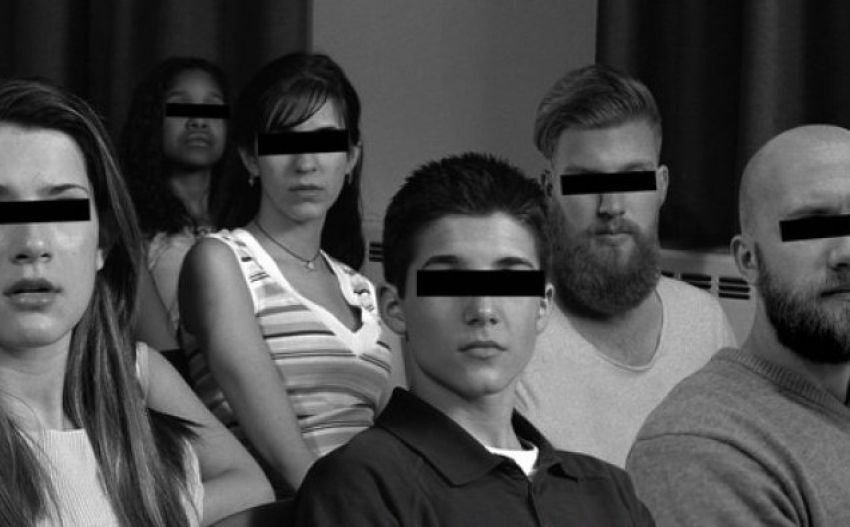
Going Dark: The Secret Social Lives of Extremists.
By Julie Ebner
Bloomsbury Publishing, London,2020
335pp, $29.99
When she was seven years old, Julia Ebner was asked what she wanted to be when she grew up. Inspired by the film Twister, she said she wanted to be a storm chaser. However, she ended up working as a journalist, author and Research Fellow at the Institute for Strategic Dialogue (ISD) where she tracks far-right and Islamic extremist groups and their impact online.
However, realising she was not getting a fuller picture of these groups and decided that like a storm chaser who goes into the eye of the storms, Ebner decided that she had to go undercover and infiltrate these groups to understand them better. As a result, Going Dark tracks Ebner’s two-year journey within these extremist groups.
Over the course of her research Ebner carefully juggled five online identities simultaneously while infiltrating groups such as the Alt-Right, Neo-Nazis, Identitarians, Anti-Feminist, the anti-feminist “Manosphere” groups, ISIS and far-right affiliated hacking groups.
In October 2017, Ebner found herself attending a strategy meeting for British members of Generation Identity, a pan-European far-right network, which spreads racist, anti-immigration ideas and the ‘Great Replacement’ conspiracy theory in which populations become minorities. A day later, she met the leader of Austria’s Identarian movement, Martin Sellner, at his London flat.
Among many other things that were discussed at these meeting was the fear of being infiltrated by anti-racist groups, security services and the media. You get a sense of the fear Ebner feels that her cover may be blown at any moment. This can have serious consequences, as Ebner would find out while working for Quilliam, an anti-extremist think tank.
In 2017, she wrote a comment piece in the Guardian newspaper on English Defence League (EDL) co-founder Tommy Robinson’s visit to white supremacist groups in the United States. The next day, Robinson and a camera crew entered her office to demand that she justify linking him to white supremacists. This incident was uploaded to the internet as part of Robinson’s Troll Watch series.
As part of what is a common tactic against any journalist who associates him with racism, white supremacy and the far-right, Ebner was subjected to harassment, including threats of sexual violence and death. As a result of this intimidation, Ebner’s boss at Quilliam made a deal behind her back that she would retract her Guardian article. When Ebner refused, she lost her job.
A common factor Ebner found was that these extremist groups exploited people’s desire to feel a part of a community rather than for ideological reasons. Exploiting this desire, extremist groups use various tactics such as creating their secret language to further radicalise people. A key example of this is the term “Red-Pilling”.
Inspired by The Matrix, Red-Pilling is the idea that individuals have been awakened to “the truth” of far-right ideology, which enables radicalisation. This idea is especially prevalent in the anti-feminist Manosphere communities.
As a parallel to the Manosphere spaces is the online community of “Trad Wives”, right-wing anti-feminist women groups. It was among the Trad Wives that Ebner found herself almost being drawn into its group dynamics, due to her understanding how the different steps of radicalisation occur.
A similar dynamic occurs with the women’s-only online community of “Jihadi Brides" of ISIS fighters. Despite the group being religiously inspired and more willing to commit acts of violence, the Jihadi Bride groups have similar dynamic to the Trad Wives, which ensure group loyalty.
Ebner was able to expose in Going Dark how these groups are able to normalise far-right ideologies and translate their online activities into real-world action. For example, Ebner eavesdropped onto the alt-right networks that planned the “Unite the Right” rally in Charlottesville in August 2017, which resulted in the death of anti-racist counter-protester Heather Heyer.
Much deadlier were the online groups that inspired Brendon Tarrant, the man responsible for killing 51 people at two Mosques in Christchurch, New Zealand, in March last year. The massacre was live-streamed on Facebook and he posted an Islamophobic manifesto full of coded language common on the alt-right.
Since 2016, far-right extremist groups have been effective in using online spaces to promote disinformation and “fake news” to help facilitate the Brexit referendum, the election of Donald Trump and to raise their profile. At great risk to herself, Ebner showed how these groups are able to use social media to grow.
Ebner ends Going Dark with a number of suggestions to counter extremism and advocates education against extremism, stating that a “human-centred approach” is needed to deal with the problem. Ultimately, I think that to really defeat the extremism described in Going Dark, we need to build an alternative to the alienation of capitalist society that makes extremist groups so attractive.